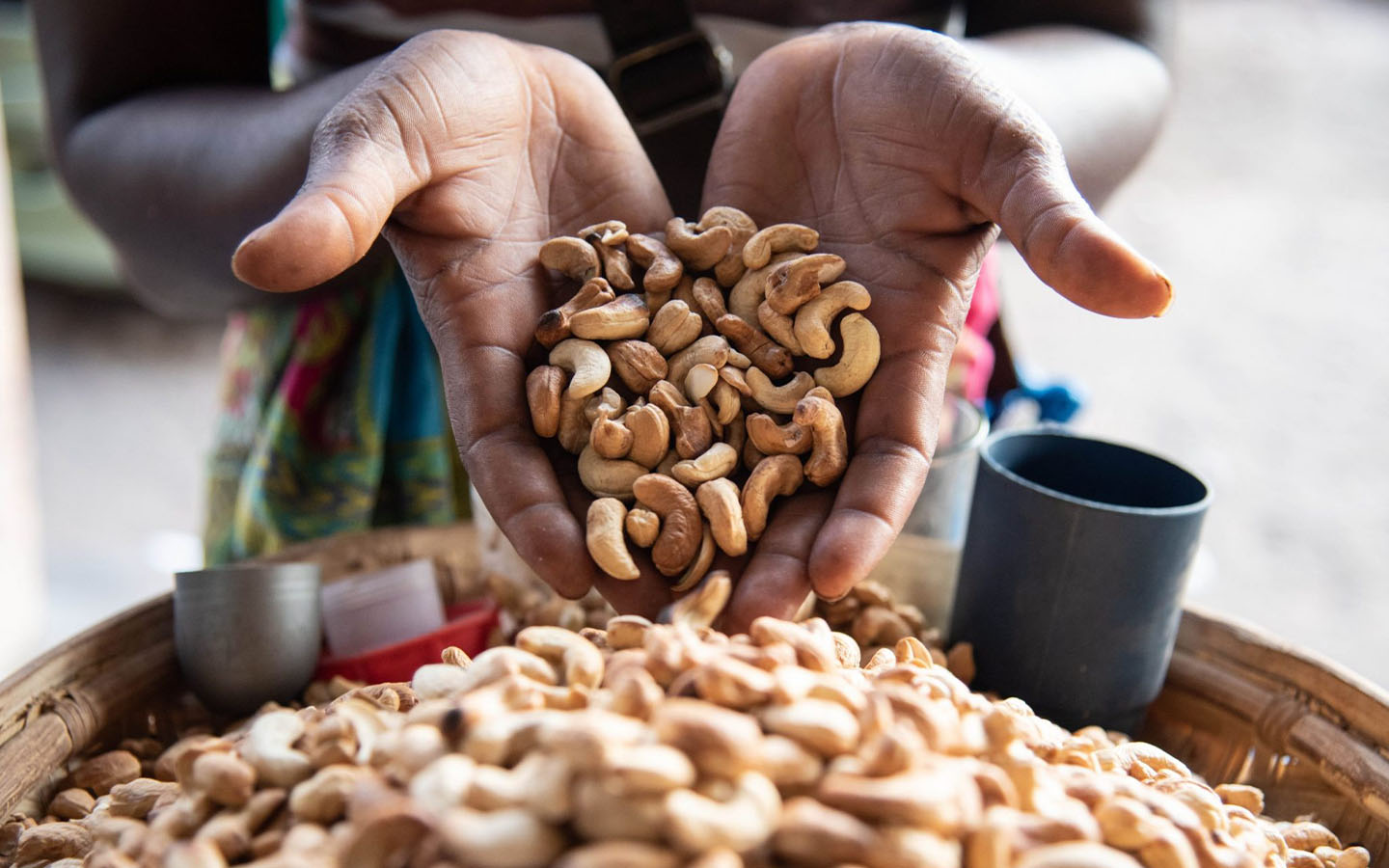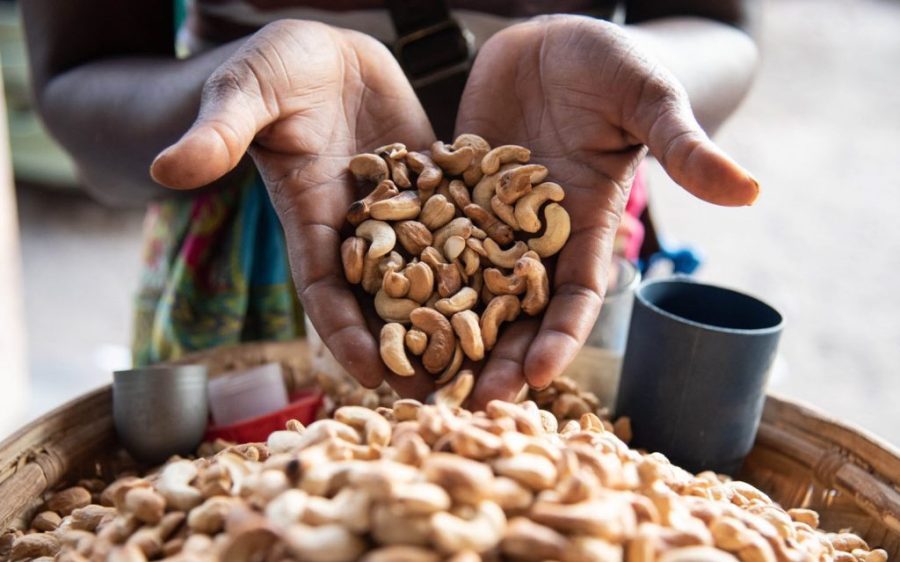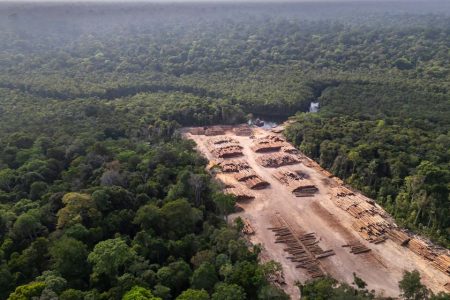Cashew production in Mozambique is poised to surpass figures reached more than half a century ago, when the country was the world’s second-largest cashew producer, reports the Portuguese news agency Lusa.
Mozambique became a global powerhouse of cashew production during the colonial period, producing more than 200,000 tonnes annually before the crop plummeted to just 15,000 to 20,000 tonnes per year after the country achieved independence in 1975. Production has been rising slowly since – and last year Mozambique reached sales of 195,400 tonnes, approaching levels set half a century before.
Today, the value chain for cashews, according to Mozambique’s Ministry of Agriculture, Environment and Fisheries (MAAP), includes “around 1,047,000 families, 69 companies and 7,287 workers throughout the country.” Maputo Province alone boasts more than 32,000 families in the industry, making it the main centre.
MAAP praised the value chain as “an inexhaustible source of opportunities for creating jobs” over the last 50 years, emphasising the role of cashews and macadamia nuts as cash crops that “contribute strongly to the socioeconomic development of communities.”
[See more: Guinea-Bissau’s cashew marketing drive hit a five-year high in 2024]
More opportunities are expected to arise this year as cashew nut production is expected to increase by 23 percent to 218,900 tonnes, surpassing the highs of decades ago. Much of this comes from the even larger increase in area under cultivation, expected to reach 64,000 hectares nationwide, up 26 percent from the 50,600 hectares that produced 177,650 tonnes of cashew nuts in the previous season.
To boost activity, the Mozambican government plans to invest 90 million meticais (US$1.4 million) to produce, distribute and plant over 6.67 million cashew seedlings this year, as well as conduct “the chemical treatment of 9,270,000 cashew trees against pests and diseases.”
Figures from the Ministry of Finance show that the government produced around 4.8 million cashew seedlings in 2024, up 8 percent, and distributed around 4.4 million, a 5-percent increase. “We distributed seedlings to around 65,303 producer families, of which 16,175 are headed by women, and we planted them in an area of around 87,056 hectares, achieving a survival rate of 89 percent,” the ministry’s 2024 budget implementation report reads.
Those investments come with a big return. Data from the Bank of Mozambique shows how revenue from cashew nut exports has grown in recent years, jumping over 72 percent between 2021 and 2022 to reach US$51.7 million, then a more modest 10.8-percent growth to US$57.3 million in 2023, only to soar again last year. The 71-percent increase in 2024 brought in a record US$98.2 million in revenue for what is now one of the country’s main cash crops.






